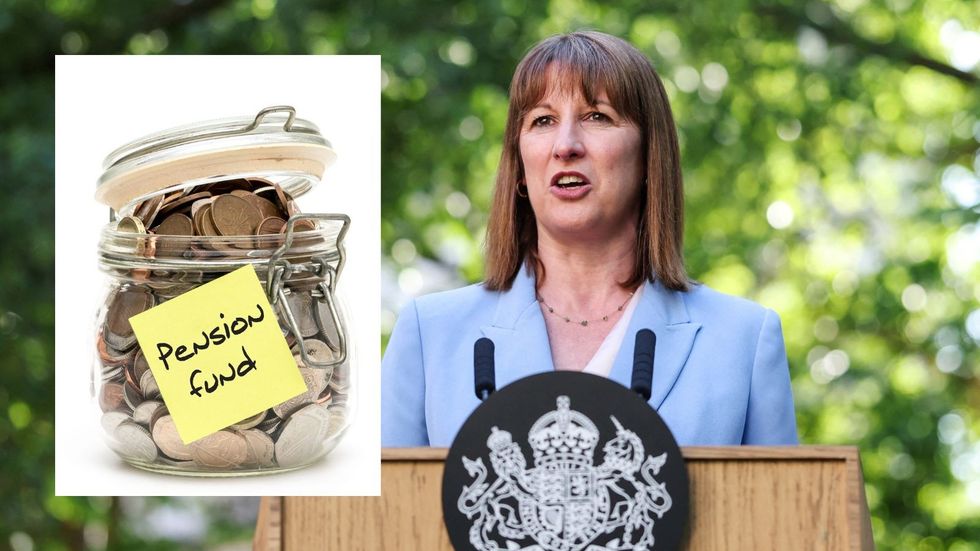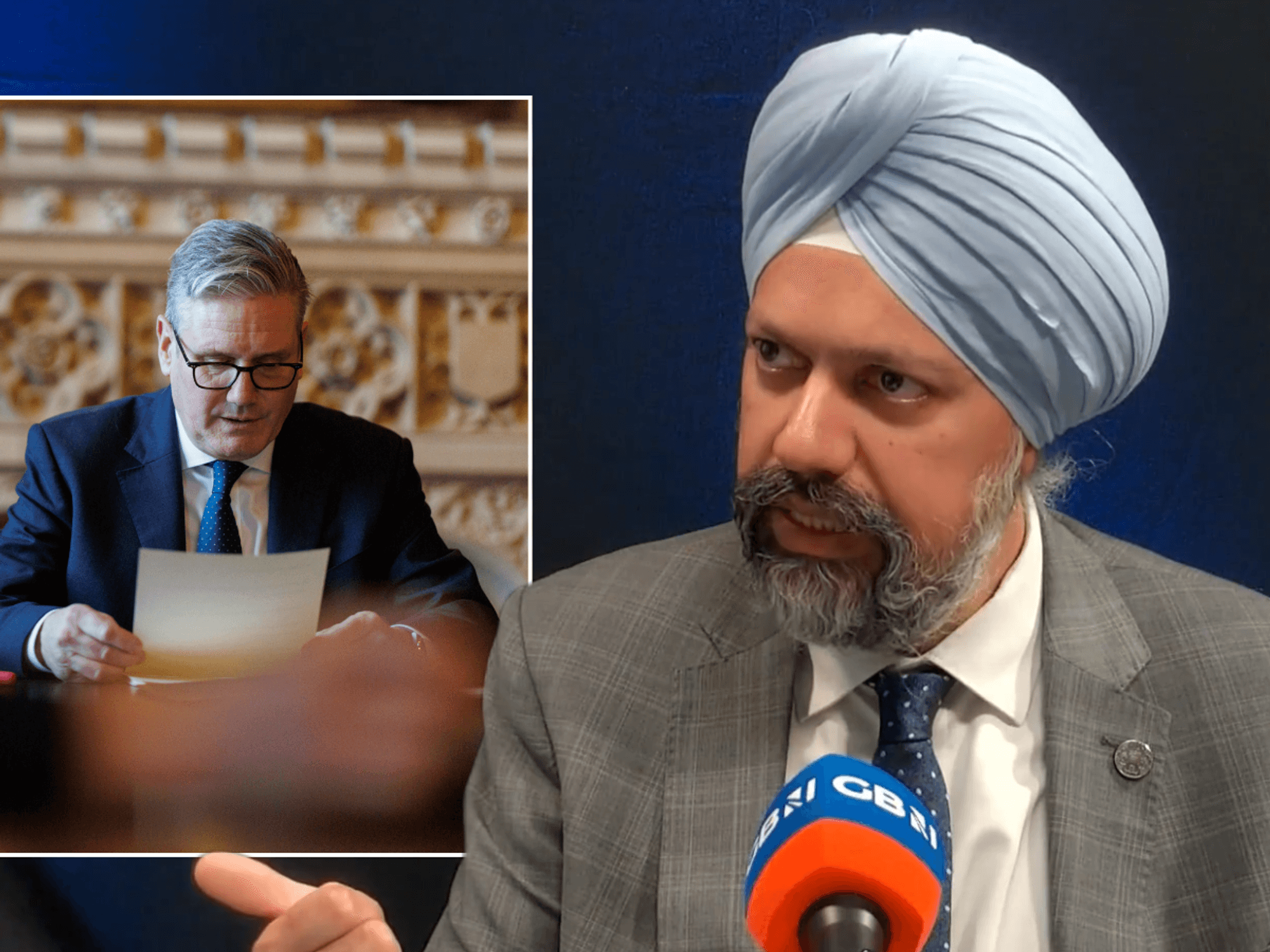Tax-free pension cash could be cut as Rachel Reeves to target wealthy in Budget - what savers need to know

Finance expert discusses how Reeves should deal with rising pension costs
|GBNEWS

Experts warn that pension perks, dividend income and investment gains could all face tighter tax rules
Don't Miss
Most Read
Latest
The Chancellor has hinted that wealthier taxpayers will shoulder most of the tax rises in her upcoming Autumn Budget.
Speaking to The Guardian, Rachel Reeves said higher taxes on the rich would be "part of the story" in tackling the country’s financial problems.
The Institute for Fiscal Studies has warned that the Treasury may need to raise more than £40billion in extra revenue. Although the Chancellor has ruled out creating a new wealth tax, several other tax increases now seem very likely.
This becomes even more probable if the Office for Budget Responsibility lowers its economic growth forecast, as many expect. Ms Reeves’s latest remarks are her clearest sign yet that government tax policy will focus more heavily on higher earners.
Retirement savings face particular scrutiny, with widespread anticipation that the government will modify regulations on tax-exempt withdrawals.
At present, savers can access a quarter of their accumulated pension funds without incurring tax liability once they reach 55 years of age, subject to a maximum of £268,275.
Jason Hollands from wealth management firm Evelyn Partners notes: "It has long been one of the most attractive features of pensions, with people often using this to clear mortgages and debts ahead of retirement."
Industry insiders suggest the ceiling could be reduced to approximately £100,000, which would significantly impact those holding larger retirement funds.
Such a reduction would result in increased income tax obligations when accessing retirement savings and complicate efforts to minimise inheritance tax exposure.
 Rachel Reeves's pension plans have been dealt a massive blow | GETTY
Rachel Reeves's pension plans have been dealt a massive blow | GETTY Those holding substantial retirement funds have several strategies to consider before any legislative changes materialise.
Ian Futcher from Quilter suggests: "Moving it into an appropriate trust, or gifting it in a structured way, can help move funds outside the estate and start the seven-year clock for IHT purposes."
He cautions against hasty decisions, emphasising that "this should only be done as part of a well-considered plan, not as a knee-jerk reaction, as once money leaves the pension it loses its tax-efficient shelter."
Another approach involves beginning modest withdrawals from retirement funds sooner rather than later.
Mr Futcher explains: "For some, it may make sense to start drawing modestly from their pension earlier in retirement, managing income tax exposure year by year and reducing the size of the taxable estate."

Those holding substantial retirement funds have several strategies to consider before any legislative changes materialise
| GETTYThe Treasury has already targeted investment profits through last year's budget, raising capital gains tax from 10 to 18 per cent for standard-rate taxpayers and from 20 to 24 per cent for those in higher brackets. Despite these substantial increases, further adjustments remain possible.
Jason Hollands from Evelyn Partners suggests: "To come back to CGT rates again only a year later seems unlikely and would send a poor signal to investors, but a modest increase cannot be ruled out."
Attention has shifted towards dividend taxation, where current rates stand at 8.75 per cent, 33.75 per cent and 39.35 per cent across the tax bands. These compare favourably to income tax rates of 20, 40 and 45 per cent respectively.
Company directors who primarily receive dividend income would face significant impacts if alignment occurs.
Financial advisers are urging investors to utilise tax-efficient vehicles whilst avoiding precipitous decisions based on speculation.

The consensus amongst wealth managers emphasises measured responses over reactive measures
| GETTYNeil Wilson from Saxo emphasises: "The increasingly restrictive dividend allowance regime means it's more important than ever to find tax-efficient ways to invest - such as an Isa or Sipp."
Mr Futcher warned: "We saw many people take their tax-free cash last budget in an attempt to mitigate against changes rumoured that never materialised.
"Unfortunately, once you take it out you can't put it back in, so people should once again think twice before making significant financial decisions based on hearsay."
He advocates for "early planning, expert advice and a willingness to rethink long-held assumptions" as essential elements for managing potential changes. The consensus amongst wealth managers emphasises measured responses over reactive measures.
More From GB News










